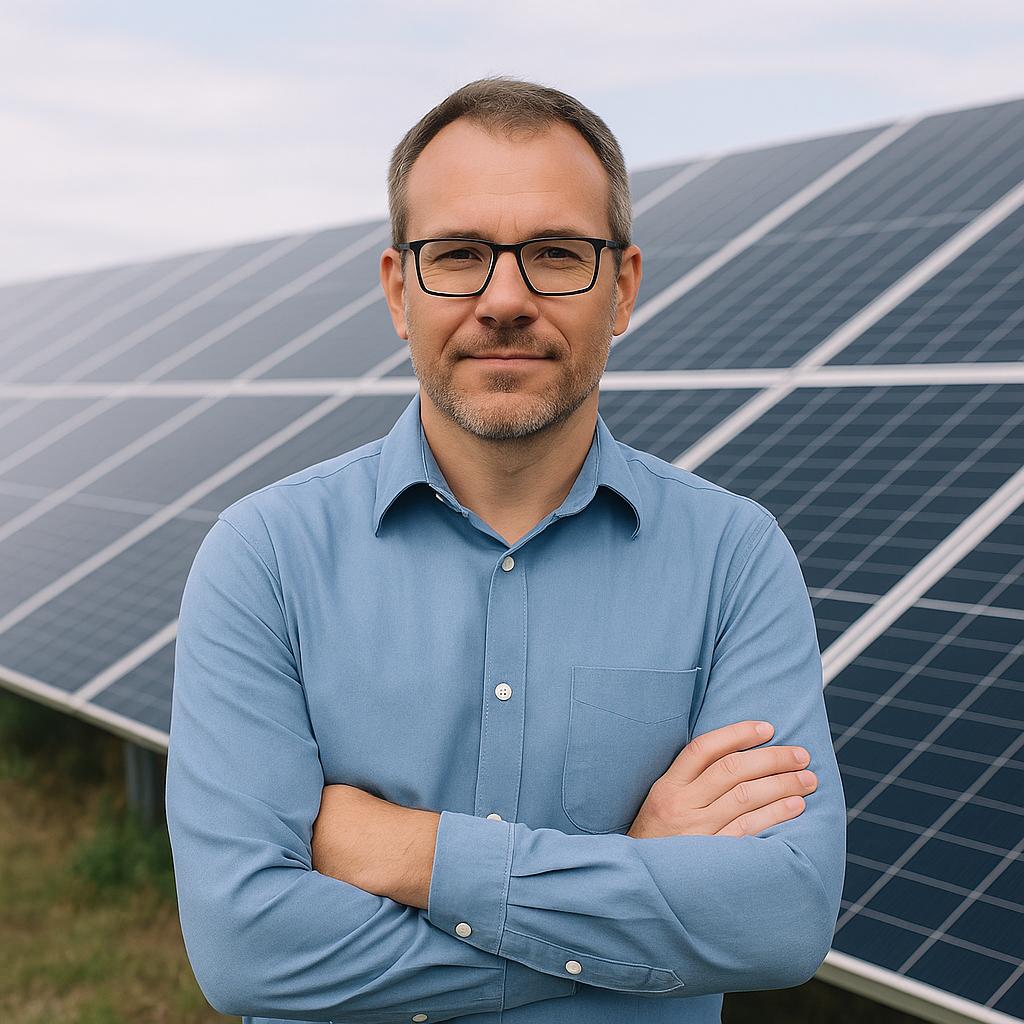In recent years, unlicensed electricity production has become one of the most popular ways to generate energy in Turkey, particularly through renewable sources such as solar and wind energy. The main reason for this popularity lies in legal incentives, simplified licensing procedures, and reduced bureaucracy, especially for small-scale power plants under 1 megawatt (MW) capacity.
This article provides a comprehensive guide to unlicensed electricity production, covering the legal framework, application process, technical requirements, advantages, limitations, and financial considerations for facilities below 1 MW.
1. What Is Unlicensed Electricity Production?
Unlicensed electricity production refers to generating electricity without obtaining a full generation license from the Energy Market Regulatory Authority (EPDK), provided that the plant’s capacity and intended use fall within legally defined limits.
1.1. Purpose of Unlicensed Production
The key purposes are:
- Encouraging renewable energy use (solar, wind, biomass, etc.).
- Supporting self-consumption for households, farms, and small businesses.
- Reducing dependence on fossil fuels and promoting energy efficiency.
- Simplifying the regulatory burden for small-scale energy investors.
2. Legal Framework for Unlicensed Electricity Production
The following regulations govern unlicensed electricity generation in Turkey:
- Law No. 6446 on the Electricity Market.
- Renewable Energy Law No. 5346 (YEK Law).
- Unlicensed Electricity Generation Regulation (published by EPDK).
- Relevant Communiqués on grid connection, metering, and feed-in tariffs.
3. Capacity Limit: Why 1 MW?
The limit of 1 MW (1000 kW) is crucial because:
- Plants with a capacity ≤1 MW are exempt from obtaining a full generation license.
- Larger plants (>1 MW) must undergo a competitive bidding process and obtain EPDK’s full generation license.
4. Who Can Benefit From Unlicensed Electricity Production?
The following entities are eligible:
- Residential users (e.g., installing rooftop solar panels).
- Industrial facilities (factories with self-consumption needs).
- Agricultural enterprises (e.g., irrigation systems powered by solar energy).
- Public institutions (schools, municipalities).
5. Key Advantages of Unlicensed Electricity Production
- No EPDK License Required: Simplified procedures for investors.
- Lower Initial Costs: No need for extensive licensing fees.
- Feed-in Tariffs (YEKDEM): Surplus electricity can be sold to the grid at guaranteed rates.
- Energy Independence: Reduced dependency on grid-supplied power.
- Tax and Customs Incentives: Particularly for renewable energy equipment.
6. Steps to Install an Unlicensed Electricity Plant Under 1 MW
6.1. Feasibility Study
- Assess the location’s potential (e.g., solar radiation, wind speeds).
- Determine the correct capacity (must be ≤1 MW).
6.2. Application to Distribution Company
- The investor applies to the local electricity distribution company.
- Required documents include:
- ID or company registration documents.
- Technical project proposal.
- Site ownership documents (title deed or lease contract).
- Single-line diagram of the proposed system.
6.3. Evaluation of Connection Capacity
- The distribution company checks available capacity in the local grid.
- If there is no capacity, the application is denied.
6.4. Signing the Connection Agreement
- If approved, a connection agreement is signed with the distribution company.
- This agreement defines how and where the plant will connect to the grid.
6.5. Project Approval
- Technical projects must be approved by:
- TEDAŞ (Turkish Electricity Distribution Corporation) or
- Licensed project verification firms.
6.6. Installation and Inspection
- Install panels or turbines according to the approved project.
- TEDAŞ inspects the system for compliance.
6.7. Metering and Commissioning
- A bi-directional meter is installed to measure both consumption and surplus energy sent to the grid.
- The plant is officially commissioned.
7. Technical Requirements
Unlicensed plants under 1 MW must meet certain technical standards:
- Compliance with TSE and IEC standards for panels, inverters, and cables.
- SCADA systems may be required for real-time monitoring.
- Grounding, lightning protection, and fire safety are mandatory.
8. Selling Surplus Electricity
If the plant produces more electricity than consumed:
- The surplus is automatically transferred to the grid.
- The investor is compensated based on YEKDEM feed-in tariffs.
- Payments are typically guaranteed for 10 years.
9. Environmental and Safety Regulations
- For projects under 1 MW, EIA (Environmental Impact Assessment) is not required.
- However, waste management for solar panels and electrical equipment must comply with hazardous waste regulations.
- Occupational safety measures (Law No. 6331) must be followed during installation and maintenance.
10. Costs of Unlicensed Electricity Production
The total cost varies based on technology and location:
- 1 MW Solar Plant: Around $500,000 – $700,000 (USD).
- Small Rooftop Solar (10-50 kW): Around $10,000 – $50,000 (USD).
- Operation & maintenance costs: ~$10,000/year per MW.
11. Legal Risks and Disputes
Although unlicensed production is simpler, legal challenges may arise:
- Grid capacity disputes with distribution companies.
- Metering disagreements (especially in surplus sales).
- Contract disputes with EPC (Engineering, Procurement, Construction) contractors.
- Warranty issues with defective solar panels or inverters.
12. Duration of Installation
For small-scale (≤1 MW) projects:
- Total process: 6-12 months.
- Rooftop installations: 1-3 months.
13. Why Legal Assistance Is Recommended
A lawyer experienced in energy law can:
- Prepare and review the connection agreements.
- Handle disputes with the distribution company.
- Advise on YEKDEM incentives and tax advantages.
- Draft EPC contracts with contractors.
14. Conclusion
Unlicensed electricity production under 1 MW offers a unique opportunity for individuals and businesses to reduce costs, achieve energy independence, and contribute to renewable energy goals. With simplified licensing, government incentives, and strong financial returns, it is one of the most attractive energy investments in Turkey.
However, to avoid pitfalls, investors must:
- Understand the application and technical requirements.
- Ensure compliance with safety and environmental regulations.
- Seek expert legal and technical advice for smooth project execution.

Yanıt yok